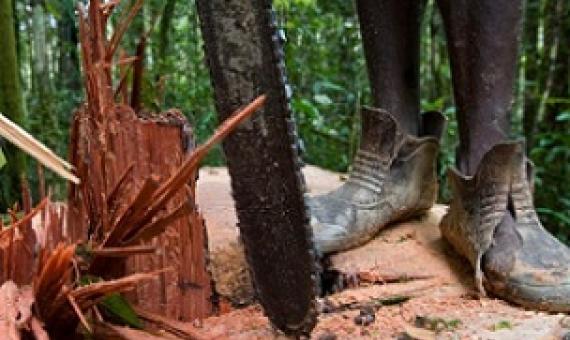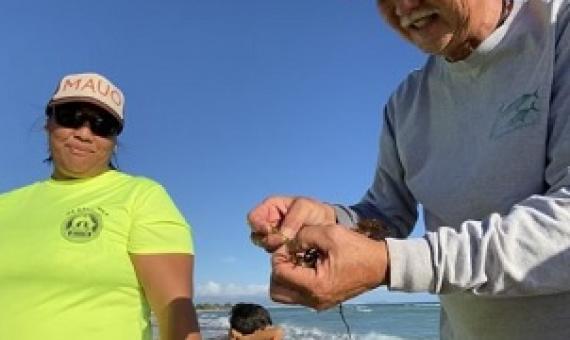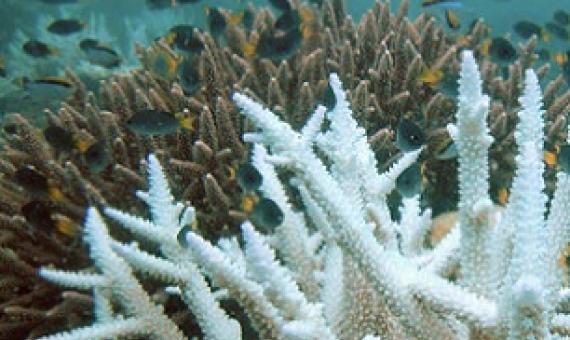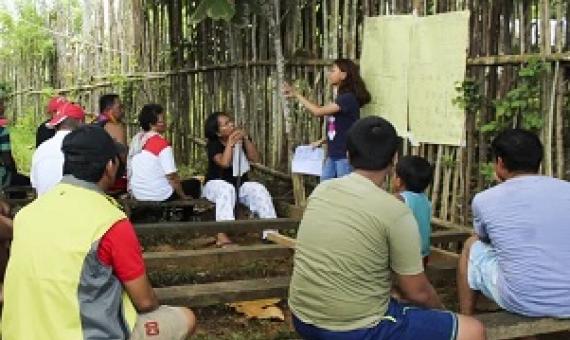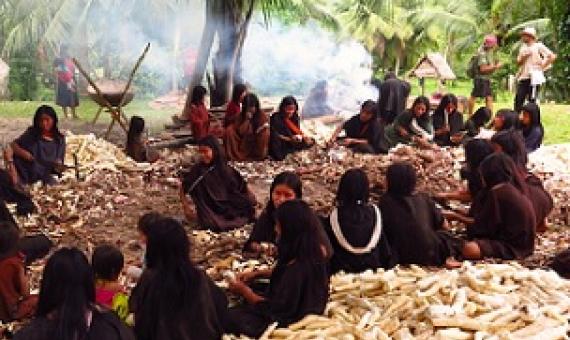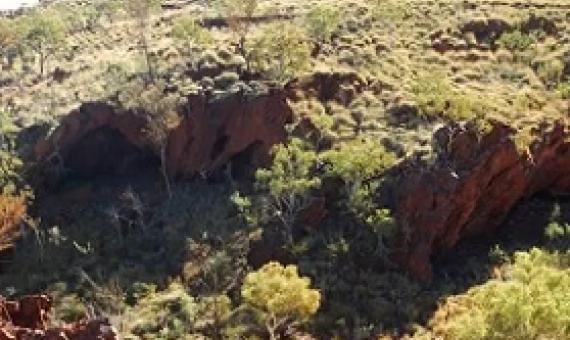ACP MEAs Monthly Information Digest: Vol 2, Issue 4. April 2022
The key highlights of this month issue include:
- Outcome of the Geneva biodiversity conference
- Blue Deal for economic recovery and sustainable growth
- Roles of indigenous communities in biodiversity protection
- Rise in online wildlife trade
- Financing chemicals and waste management
- Plastic taxes as new environmental policies
- Regionalizing UNEA 5.2 plastic resolution in East Africa
- Promoting the Science-Policy-Society Interface of synthetic biology
- Launching ACP MEAs 3 Youth Engagement and Training Initiative in Europe

